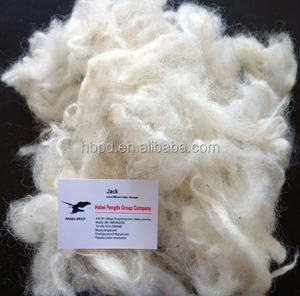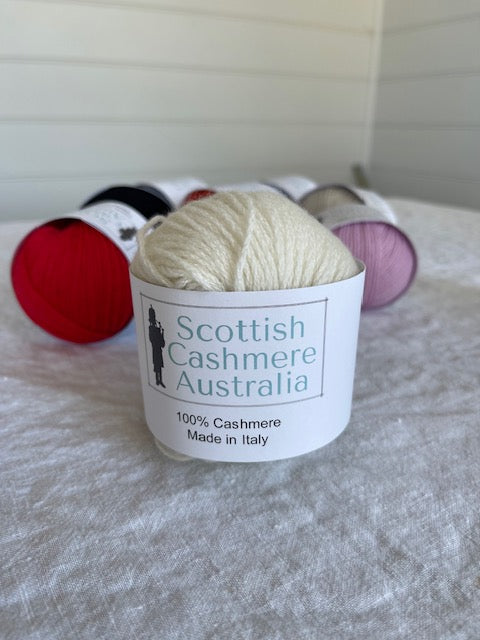What Is Cashmere and How Does It Differ to Other Fabrics?
What Is Cashmere and How Does It Differ to Other Fabrics?
Blog Article
Recognizing the Different Kinds of Cashmere a Natural Fiber and Their One-of-a-kind Benefits

The Origins of Cashmere: A Historic Review
While the luxurious touch of cashmere continues to appeal modern-day consumers, its beginnings map back to the severe, cold environments of Mongolia and the Himalayas. For centuries, the aboriginal peoples of these areas have actually been increasing Capra Hircus goats, the prime source of cashmere woollen. These goats, durable versus the extreme winters, grew a great undercoat to endure, which later on became recognized as cashmere.

The Production Refine: From Goat to Garment
Shearing a Capra Hircus goat notes the inception of the complex cashmere production process. This delicate procedure usually happens annually during spring. The penalty, soft undercoat is then divided from the coarser external hair, a procedure called dehairing. The resultant raw cashmere is after that cleaned to get rid of impurities such as oil, dust, and vegetable matter.
The clean fiber goes through dyeing, spinning, and weaving, or knitting, to transform it into a fabric. Complicated procedures like quality assurance checks and completing processes comply with, making sure completion product preserves the lavish criterion anticipated of cashmere. This painstaking process, from goat to garment, justifies the high cost affixed to cashmere items, making them an icon of high-end and refinement.
The Different Sorts Of Cashmere: A Thorough Evaluation

The Special Benefits of Cashmere: Convenience and Sustainability
Moving from the range of cashmere types to the benefits they provide, comfort and sustainability stand out prominently. Cashmere, a natural fiber, is renowned for its unmatched softness, supplying a degree of comfort that artificial fibers can not match.
When it involves sustainability, cashmere is biodegradable weblink and eco-friendly, as it's collected from cashmere goats that regrow their layers each year. what is cashmere. Unlike artificial fibers which can take hundreds of years to decompose, cashmere's influence on the setting is minimal. This mix of convenience and sustainability makes cashmere a beneficial selection for aware customers

Caring for Your Cashmere: Upkeep and Preservation Tips
While cashmere is definitely a sustainable and elegant selection, it needs particular like keep its high quality and expand its life expectancy. To start, cashmere must be hand cleaned making use of chilly water and a mild detergent. Prevent twisting or wringing the garment as it can damage the fibers. Rather, gently eject excess water and lay it level on a towel to completely dry. In addition, cashmere products should be stored in a trendy and completely dry place, away from straight sunlight and wetness. Using moth repellents can shield these garments from potential damages. Last but not least, it's a good idea to stay clear of hanging cashmere to prevent stretching. Rather, fold and shop them appropriately to keep their shape and high quality over time.
Buying Cashmere: Comprehending Its Value and Worth
Although cashmere may originally seem link like an expensive investment, its lasting value and worth ended up being evident when you consider its impressive top qualities. Recognized for its unparalleled gentleness and heat, cashmere is a premium natural fiber that outmatches other products. Investing in cashmere, as a result, is not just regarding existing style trends, however concerning embracing a sustainable, durable, and elegant way of life.
Verdict
In summary, the sort of cashmere one picks, be it Mongolian, Chinese, or Italian, is determined by individual preferences for heat, budget plan, high-end, and sustainability. The worth of cashmere extends beyond its cost, with comfort and long life including to its worth. Appropriate treatment and upkeep can ensure its preservation. As a result, recognizing the beginnings, manufacturing procedure, and one-of-a-kind advantages of various kinds of cashmere can assist consumers in their investment in this lavish all-natural fiber.
Whether it's the phenomenal heat of Mongolian cashmere, the cost of Chinese cashmere, or the eco-conscious production of Italian cashmere, there's a tale to be discovered behind each fiber kind. Cashmere, a natural fiber, is renowned for its exceptional softness, giving a level of comfort that synthetic fibers can't match.When it comes to sustainability, cashmere is eco-friendly and naturally degradable, as it's harvested from cashmere goats that regrow their coats each year. Understood for its unrivaled soft qualities and warmth, cashmere is a costs natural fiber that outperforms various other materials. Comprehending the origins, manufacturing procedure, and distinct advantages of different kinds of cashmere can guide consumers in their financial investment in this glamorous all-natural fiber.
Report this page